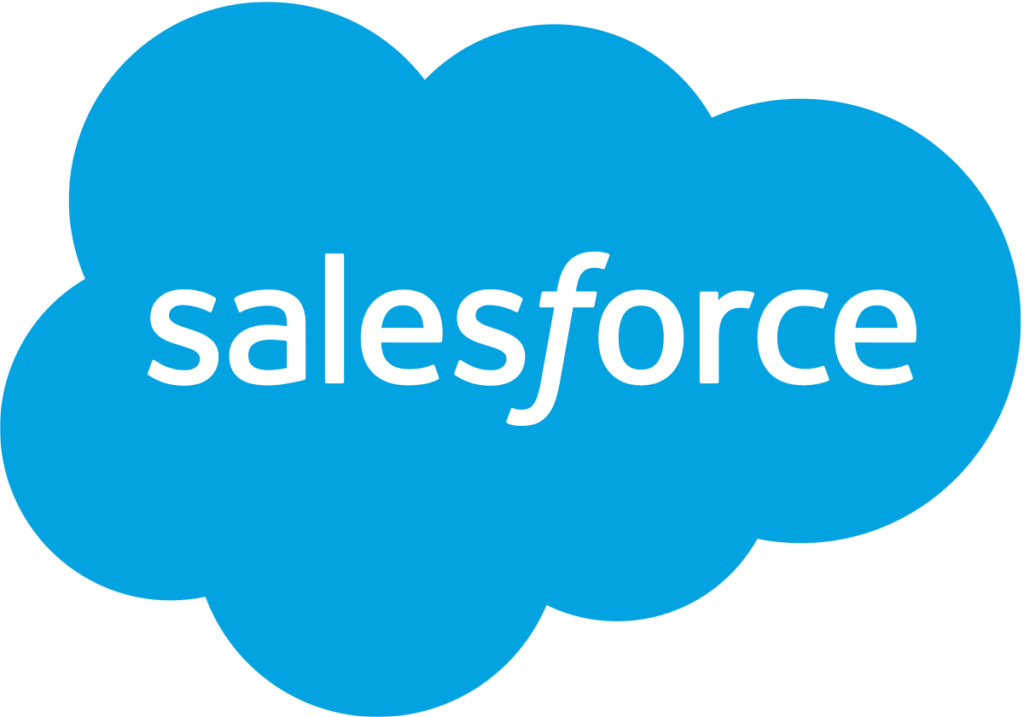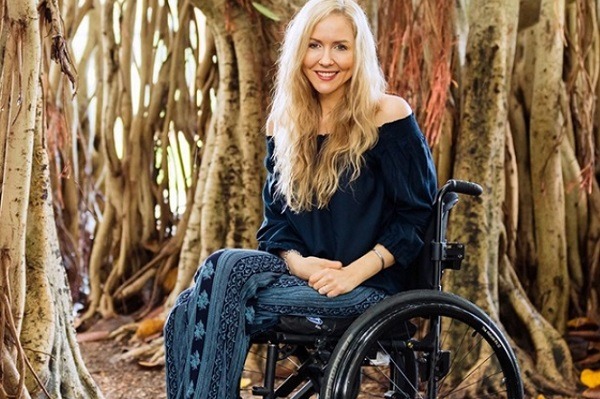As a media and advertising professional, Lisa Cox spent years making products, brands, and messages visible.
Now, after having acquired a disability, she’s using her lived experience and her existing professional skill set to make disability more visible in popular culture.
“It was only once I had that lived experience of a disability that I realised I could essentially apply the same strategies and principles to help bring awareness to something far more important than the European cars I was previously advertising,” she told Kate Mills in the latest episode of The Leadership Lessons.
Cox is a disability advocate, writer, motivational speaker, and the author of two books, who fights every day to remedy the underrepresentation and misrepresentation of people living with disabilities in popular culture.
Her story is one of untold resilience, and it’s one she admits she probably never would’ve believed if you’d told her several years ago.
After she experienced an unexpected brain haemorrhage, Cox spent three weeks in a coma and two months on life support. She experienced pneumonia, heart attacks and uncontrollable seizures as her organs shut down. Her family was told they might have to turn off her life support, before miraculously, her brain started to recharge.
She went on to spend over a year in hospital, undergoing dozens of operations, including heart surgery, the amputation of one leg, toes and nine fingertips. Since she’s returned to hospital for a hip replacement and open-heart surgery and has permanent brain damage affecting her speech and memory. She’s also over 25 per cent blind, epileptic, and suffers from fatigue and osteoarthritis.
“If you had told me several years ago that this is what was going to happen – you’re going to spend a year in hospital and you’re going to lose your leg and end up in a wheelchair – I would have been absolutely devastated,” Cox says.
As a writer, losing all the tools of her trade was devastating and it took time and resilience to teach herself how to write again.
“It was sitting at the kitchen table for hours on end on a really crummy laptop and teaching myself how to type with my new hands, new eyes,” she said.
“For the first couple of months, mum would have to scribe for me… because I couldn’t hold a pen or pencil…I certainly couldn’t use a keyboard. It’s been a long trip back to writing again.”
But when she could write again, Cox decided she had a unique opportunity to use her skills to make her life, and those of other people living with disabilities, visible.
“Our screens are not reflecting our society…our media is not reflecting the society which it serves,” Cox said.
“I’d like to see a lot more incidental inclusion of disability. For it to become less of something you really have to think about and push and encourage. For it to be a normal thing to do.”
Cox says she sees little bits of disability inclusion happening here and there, but largely there’s a lot of work that needs to be done in the space.
For example, Cox says clothing brands on social media largely ignore the disability community, and she practically never sees a model with a disability on her Instagram feed.
“Seeing people with disabilities as valuable consumers is not only a socially responsible thing to do. It’s also really smart business,” Cox said.
“I can’t walk, but I can shop and so can my friends with disabilities. It’s a twenty per cent market share that’s just bring ignored.”
Coming out of 2020 with the tail end of the pandemic in sight, Cox hopes that other people have learnt to be a little more understanding of what permanent isolation can be like for some people with disabilities.
“One day you’ll look back on this year and say ‘you know what, I did it. It was shit but I did it and I didn’t do too badly,” she said.
“In the same way I look back at my first year in hospital and think I can’t believe I did that.”
As Cox shares in the podcast, above all else, she’s just “so bloody grateful to be here”.
“I’m not supposed to be alive… I’d be a fool not to do something with my life with the skill set that I still have in media, not to try to shake things up a little and change the way things currently are for children who are growing up with a disability or acquiring a disability.”
The Leadership Lessons podcast series, hosted by Kate Mills, is a set of interviews with brilliant female leaders across industries, sharing their perspective on the critical decade ahead.
The Leadership Lessons is supported by Salesforce.




